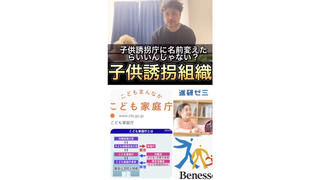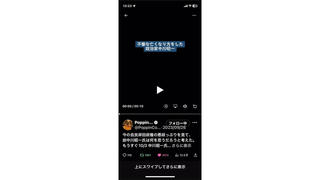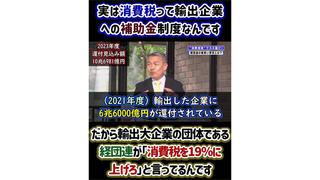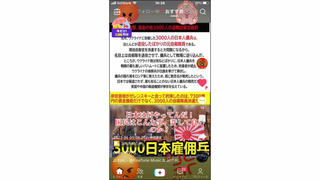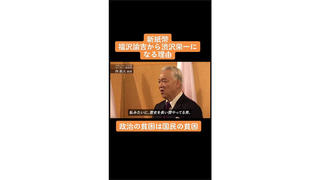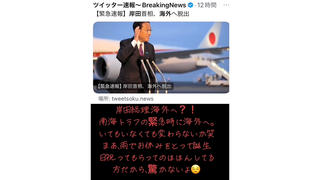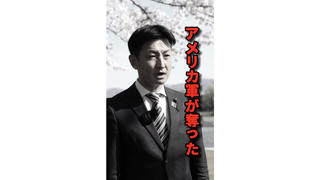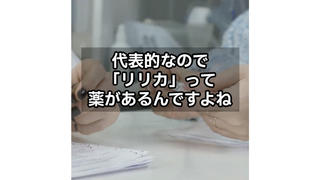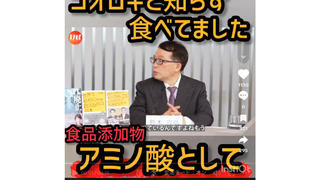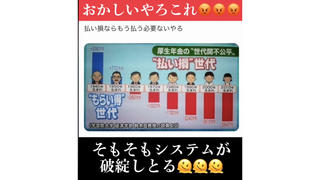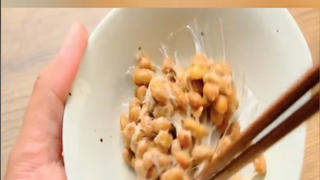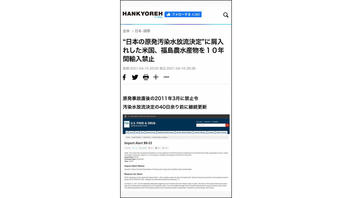
Did the United States ban imports of Fukushima agricultural and fishery products for 10 years? No, that's not true: On March 22, 2011, the U.S. Food and Drug Administration (FDA) issued an import alert, not a prohibition order, instructing FDA field personnel to detain food shipments from Japan if the food was likely to contain radionuclide contamination. The FDA deactivated the alert in 2021.
The claim appeared in a TikTok video (archived here) on September 16, 2023. The text (translated from Japanese to English by Lead Stories staff) read:
The United States, which supported Japan's decision to release contaminated water from nuclear power plants, bans imports of Fukushima agricultural and fishery products for 10 years.
The ban was ordered in March 2011, immediately after the nuclear accident.
The ban was renewed approximately 40 days before the decision to release contaminated water was made.
This is what the post looked like on TikTok at the time of writing:
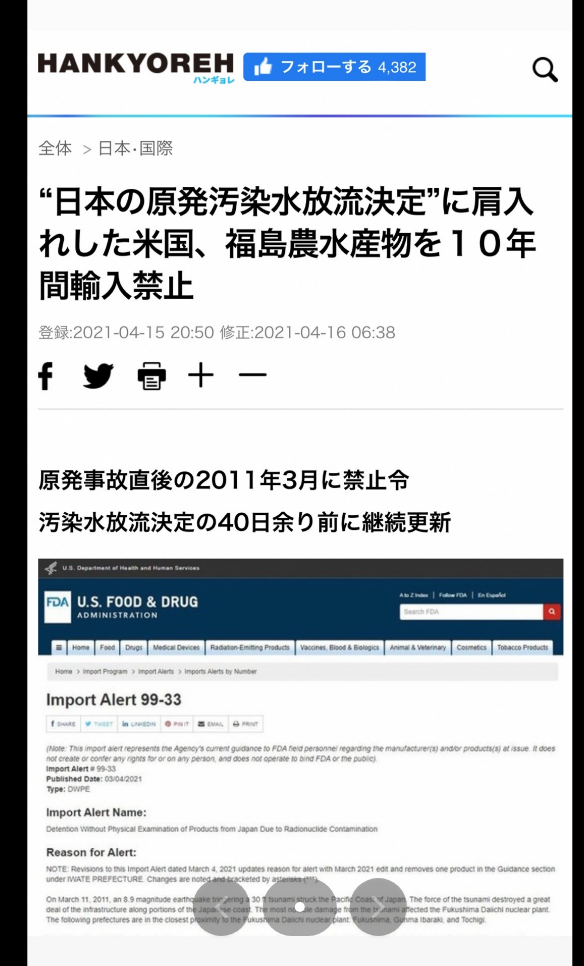
(Source: TikTok screenshot taken on Thu Oct 26 14:32:10 2023 UTC)
There are several misleading statements in this video. The United States did not reverse its decision to support the release of the water. This alert was put in place shortly after the 2011 disaster. The decision to release the water occurred in 2023 after the alert was already lifted. In September 2021, the FDA decided that Import Alert 99-33 was no longer necessary to protect public health and deactivated it. The U.S. State Department issued a statement in August 2023 commending Japan's transparency on the matter.
The Fukushima power plant is discharging ALPS-treated water, not contaminated water. This discharged water contains radioactive materials from within the Fukushima Daiichi Nuclear Power Station buildings. It's been purified and treated to meet safety criteria for all radioactive substances.
Following the Fukushima disaster, the Japanese government, in accordance with FDA guidelines, concluded that specific food items from the impacted prefectures posed a public health hazard due to radionuclide contamination. Consequently, they banned the sale of these food products, both domestically and for export.
The food items subject to shipping restriction measures were mostly mountain vegetables, mushrooms and wild animals from Fukushima and surrounding prefectures, not all the Fukushima agricultural and fishery products.


